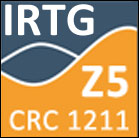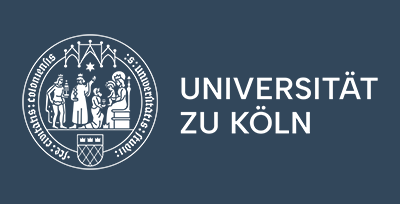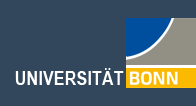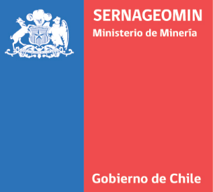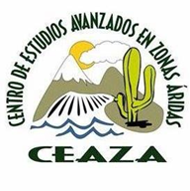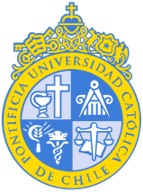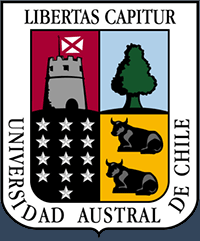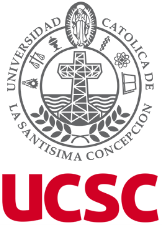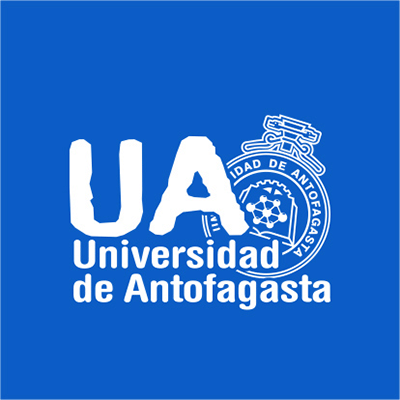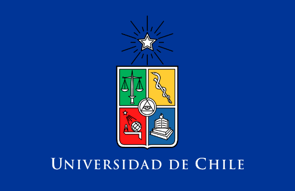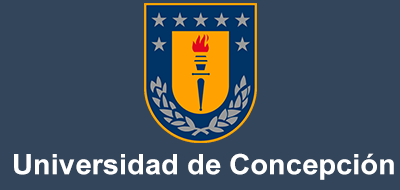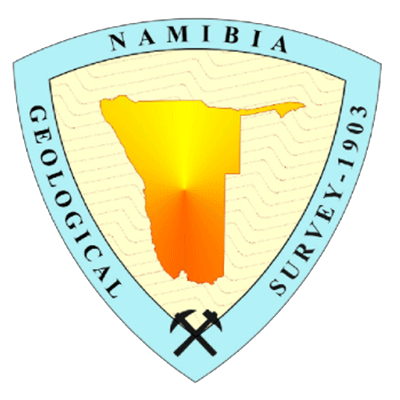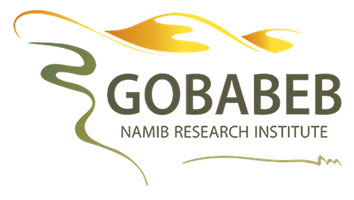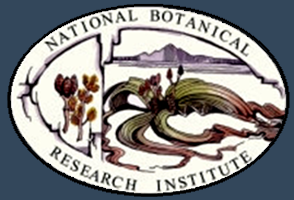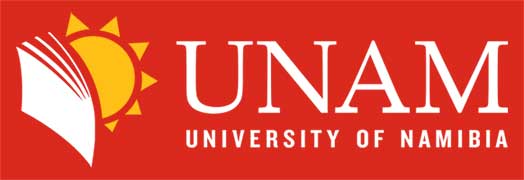IRTG - Integrated Research Training Group
Training & Funding
Scientific Training Programme
The IRTG will complement the training provided by the local graduate schools with a range of project-specific, interdisciplinary and specialist topics (Table 1). Core parts of the Scientific Training Programme will be compulsory for all IRTG members (Table 2). The remainder will be elective, but every IRTG member must absolve at least 10 full days from the IRTG curriculum, including at least three Research Training Days (RTDs). Because the IRTG members will be based at different institutions most IRTG training events will be planned either in connection to other CRC meetings or retreats, or in a clustered manner.
Research training days (RTD). RTDs are a one-day format with intensive and hands-on training in small groups. RTDs will be offered by the PIs and experienced postdocs of the CRC. They are elective for the doctoral candidates, but the IRTG members will have to attend a minimum of three of them, to ensure that they gain insight and knowledge across the range of scientific subjects within the CRC.
Specialist training. The IRTG programme is tailored to the specific needs of the doctoral candidates, which will be identified jointly with the Thesis Advisory Committees (TACs) and through regular surveys and feedback organised by the IRTG coordinator. Specialist training can include language courses and specialist technical courses (e.g. on high-level laboratory equipment and software) and will enhance both the doctoral candidates’ skills and their employability. Whenever the CRC cannot offer the relevant expertise, the IRTG intends to fund members’ participation in external courses. Members will have to write a short proposal to apply for this funding (see section Mobility Grants).
Opportunities
The IRTG offers various funding opportunities for students and its members:
Bottom-up initiatives:
The IRTG supports activities/proposals by the group of PhD students such as retreats, workshops, meetings, inviting experts & guest speakers. Aim is to enhance the scientific discourse and direct communication between the IRTG members and other CRC members and to further familiarize them with interdisciplinary approaches used in CRC 1211.
Internal grants programme to support international co-operation:
To apply for the following Fellowship, Travel and Mobility Grants, a short, written proposal will be required. The proposal needs to be addressed to the IRTG Board and can be discussed with the IRTG coordinator in advance.
Fellowship Grants:
The IRTG offers in total 3 fellowship grants for visiting doctoral candidates, advanced master students or recent master graduates from co-operating institutions in Chile and Namibia. Aims are the strengthening of co-operations, especially with IRTG members, and the initiation of potential new collaborative projects. The maximum duration per person is 12 months; the fellowship can be split into two shorter periods (e.g. to allow a return to the home country for fieldwork or family affairs). Two return flights will be covered. The height of their monthly stipend will depend on recipients’ level of experience (qualification or doctoral grant). The IRTG curriculum will be open to visiting fellows.
Travel Grants:
The IRTG offers travel grants for incoming (potential) doctoral candidates and
master students for partaking in parts of the Scientific Training Programme, such as the
summer school and lab/field courses.
Mobility Grants:
The IRTG supports lab visits, short-term stays abroad and specialist training for IRTG members. These grants will heighten the visibility of IRTG members in the international scientific community and support the development of professional skills.




